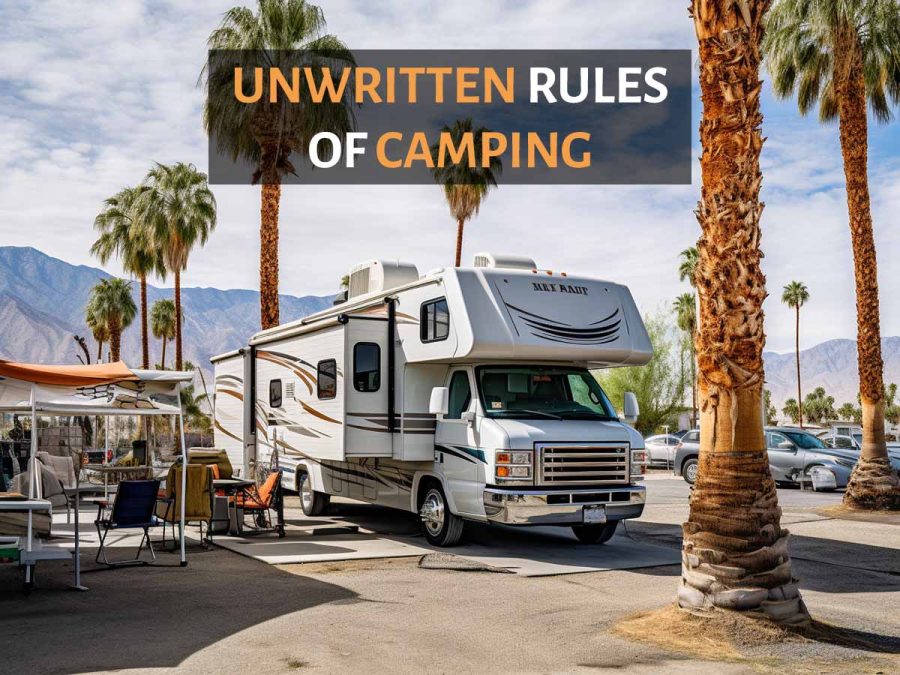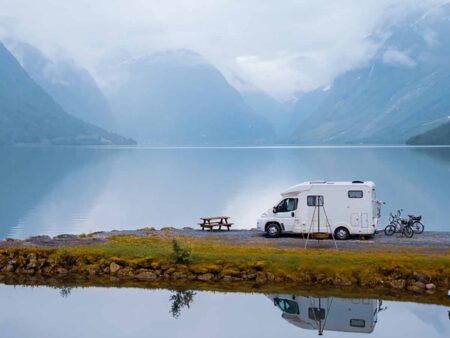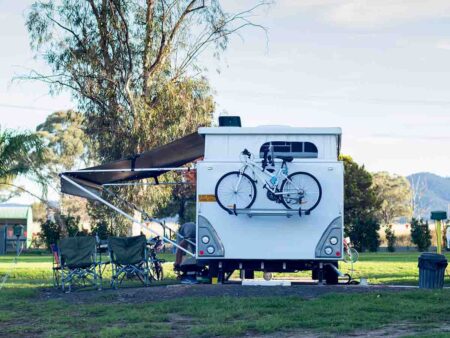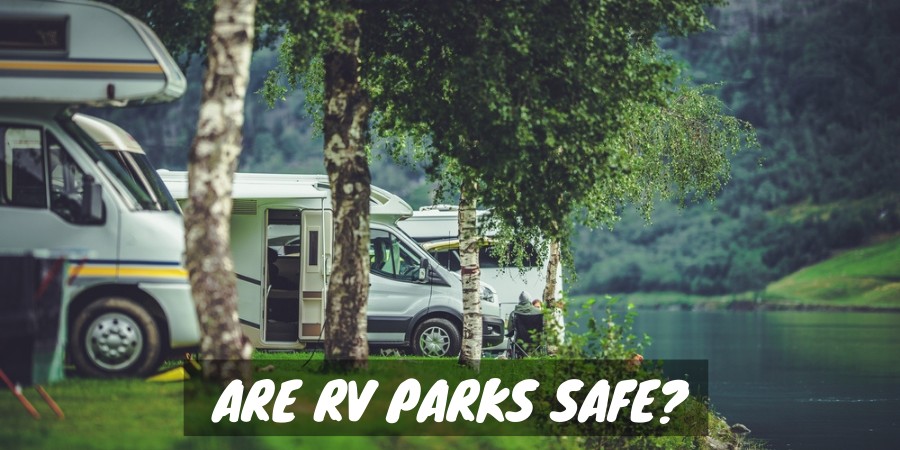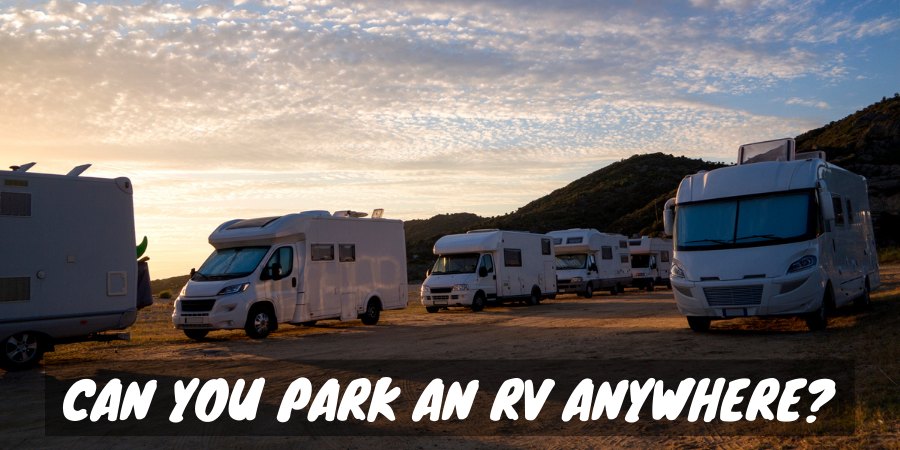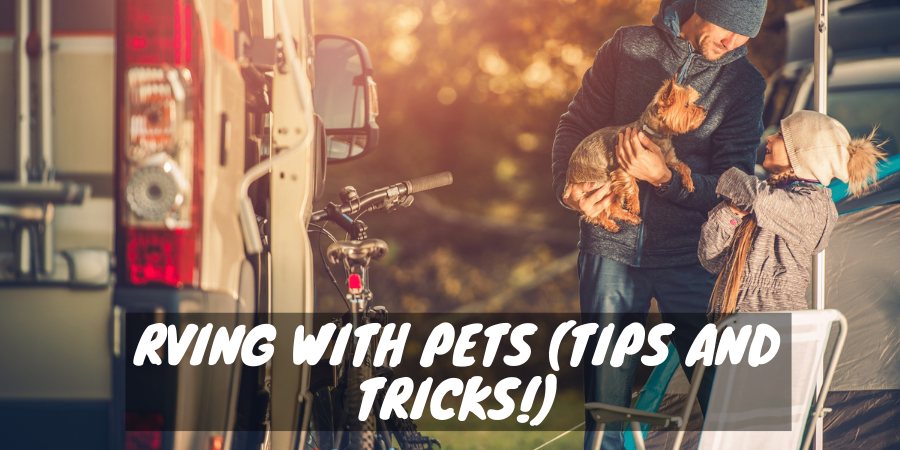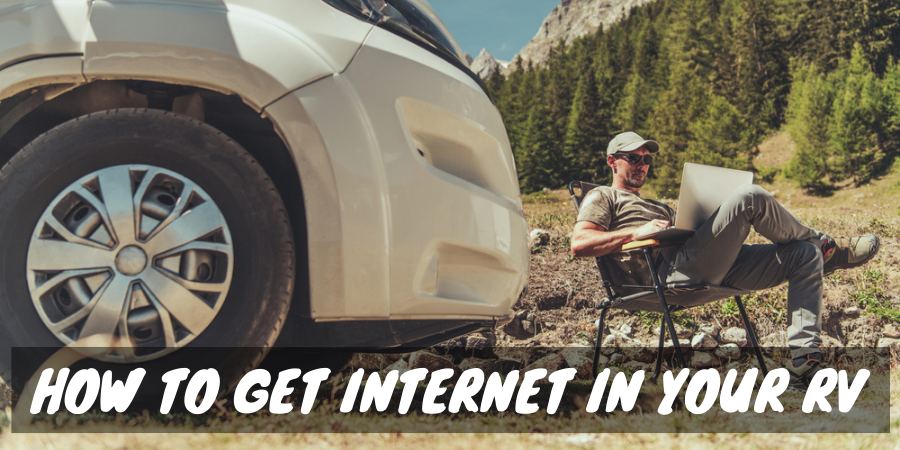As a seasoned camper who has spent many years under the stars, I’ve come to appreciate the importance of certain unwritten rules that make camping a pleasant experience.
These guidelines are born out of personal encounters with fellow camping enthusiasts and have been fine-tuned over years of observing how we can best share our outdoor spaces.
The 18 rules I’m about to share with you are designed to foster a sense of community and, frankly, are a little self-serving as you could be my neighbor someday.
My hope is that, by adhering to these, we can collectively contribute to a more enjoyable camping environment.
1. Don’t Park Next to Another Camper
If a campground has multiple empty spots, don’t park directly next to someone. Choose one of the other empty spots.
In case of assigned spots or crowded campgrounds where there is no other option, parking next to another camper is acceptable.
2. Don’t Leave Porch and Awning Lights on All Night
Keep porch and awning lights on only for a short period after dark. Long hours of light can disrupt others and cause light pollution.
Use automatic lights sparingly, especially when boondocking or in close proximity to neighbors.
Boondocking Do’s and Don’ts (Video)
3. Don’t Smoke Cigars or Marijuana
Avoid smoking cigars or marijuana if there are other campers within 100 feet, as the smell can be unpleasant for others.
If you must smoke, consider boondocking or smoking in an isolated area.
4. Don’t Arrive and Set Up at a Crowded Campground after 10 PM
Late-night arrivals and setups can disrupt fellow campers. If you’re going to arrive after 10 pm, consider staying at a Walmart or similar location and arriving early in the morning.
Avoid consuming adult beverages and making a lot of noise while setting up camp late at night.
5. Don’t Drive in the Left Lane Unless Passing
Use the left lane only for passing to prevent traffic hazards and avoid creating frustration for other drivers.
Staying in the left lane when not passing can be illegal in some states.
6. Always Park Your RV in the Back Rows of a Parking Lot
Since RVs take up a lot of space, park on the edges of lots, preferably in the back rows, to leave closer spots available for other vehicles.
Make sure to get permission first if parking in non-designated areas to avoid problems with local authorities.
7. Don’t Play Music or Watch TV Outside Unless the Volume Is Low
Keep volumes low when playing music or watching TV outside to prevent disturbing other campers.
Avoid watching late-night shows outside your rig, as the noise and light can disrupt others.
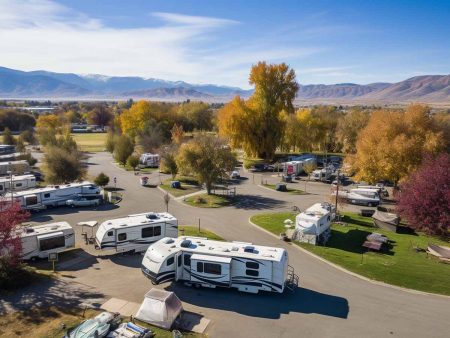
8. Noise Control
Avoid using loud tools, like impact drivers, early in the morning or late at night to avoid disturbing others in the campsite.
If you’re planning activities that might produce a lot of noise, try to schedule them for the middle of the day when they’re less likely to disrupt others.
9. Don’t Expect Immediate Service from an RV Dealer in Case of a Breakdown
In the event of an RV malfunction, consider contacting mobile RV repair techs, who are often more responsive than dealerships.
Understand that RV dealers may be busy and unable to provide immediate service.
10. Understand Your AC has Limitations
Even with solar power and extra batteries, recognize that AC units in RVs have limitations, particularly in high heat and humidity.
Use alternative methods like putting Reflectex in your windows, keeping the drapes closed, and running your roof vent fan to cool down your RV.
11. Finding Camping Spots is Getting Harder
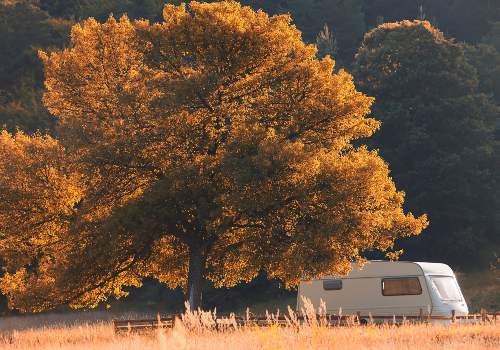
Be aware that due to the increasing popularity of RVs, finding available campsites can be challenging.
Consider learning how to boondock (camping in non-designated areas) to circumvent this issue.
12. Fire Safety and Trash Management
Always put out fires before going to bed to prevent any potential wildfire. Use the “drown, stir, and feel” method to ensure it’s completely out.
Avoid burning trash, especially plastic, to reduce air pollution and harm to wildlife. Always pack out your trash and clean up after your pets.
13. Smoking
If you smoke cigars, cigarettes, or vape, be mindful of the wind direction and smoke away from others’ campsites.
Discarded smoking materials should be properly disposed of in trash containers, not on the ground, to protect wildlife and avoid littering.
14. Pets
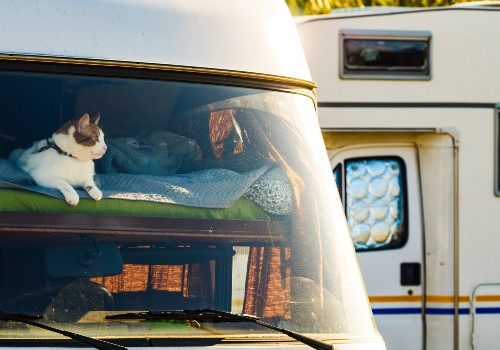
Keep your pets, especially dogs, under control. Don’t let them bark incessantly, as it can be disruptive to others.
Always clean up after your pets. Bring poop bags with you and dispose of them properly in trash containers.
15. Respecting Space
Be respectful of other campers’ space. Refrain from cutting through their sites, even if it’s a shorter route to the bathrooms or other facilities.
Don’t park your RV too close to others’ sites. Leave ample space between your setup and theirs for privacy and comfort.
16. Generators
- DUAL FUEL: Operate your 4500-watt portable generator right out of the…
- ELECTRIC START: Battery included, plus Quick Touch Panel allows you to…
- QUIET OPERATION: 61 dBA is perfect for RVs, tailgating, your next…
- CLEAN POWER: RV Ready with a 120V 30A RV, plus two 120V 20A household…
- CHAMPION SUPPORT: Includes 3-year limited warranty with FREE lifetime…
If you’re using a generator, don’t leave it running all night, especially if it’s loud and disruptive. Use it only when necessary and during designated generator hours.
Try to use solar power or battery-operated appliances as much as possible to minimize generator noise.
17. Leaving Early in the Morning
If you’re planning to leave early in the morning, do as much packing as possible the night before to minimize noise.
Try to operate quietly and efficiently when packing up. Avoid slamming doors and keep conversation to a minimum to respect others’ quiet time.
18. Consideration for Others
Show general respect and consideration for others. This includes controlling noise levels, especially during early morning and late evening hours.
Manage children effectively to ensure they’re not creating unnecessary disturbances or disrespecting others’ space. Teach them camping etiquette and the importance of adhering to park speed limits.
Conclusion
Want to Connect With a Community of Over 1,078 RV Enthusiasts?
Our camping adventures are so much more enjoyable when we all take a moment to consider our impact on others and the natural world around us.
By following these unwritten rules, honed from my many years of camping, we contribute to the overall positive camping experience for ourselves and others.
Camping isn’t just about our individual adventure; it’s about being part of a broader outdoor community.
By embracing these guidelines, we can ensure the world of camping remains a space of joy, respect, and unforgettable memories for everyone.
Unwritten Rules of Camping for Camping RV Trips and Campsite Etiquette (Video)
Related Questions
1. Why is it important to not leave food or trash at the campsite when you leave?
It’s important because leftover food and trash can attract wildlife. This can create dangerous situations for both the animals and future campers. It’s also part of the “Leave No Trace” principle, which promotes maintaining the natural integrity of the outdoors.
2. How should noise levels be managed when camping?
It’s respectful to keep noise levels to a minimum, particularly during early morning and late evening hours. This ensures that other campers can enjoy the peace and tranquility of nature without disruption.
3. What should you do if you find a campsite that is unoccupied but has been reserved?
Even if a reserved campsite appears unoccupied, respect the reservation. It’s possible the campers are out exploring for the day. Never use a site without proper reservation or permission.
4. What is the rule of thumb when it comes to observing wildlife while camping?
The rule of thumb is to observe wildlife from a distance and never feed them. Feeding animals can negatively affect their health, alter natural behaviors, and expose them to predators and other dangers.
5. What’s the general rule about using established trails while camping?
Campers should always stick to established trails to minimize damage to the surrounding environment. Walking off-trail can lead to soil erosion, harm plant life, and disturb local wildlife.
6. What is the principle behind the phrase “pack it in, pack it out” in camping?
The “pack it in, pack it out” rule means that everything you bring to a campsite — including all trash and waste — should be taken out with you when you leave. This helps to preserve the environment for future visitors and keeps wildlife safe from harmful substances or objects.
7. Why is it important to respect quiet hours at campgrounds?
Respecting quiet hours (usually between 10 PM and 6 AM) ensures that all campers can enjoy a peaceful sleep and the serenity of nature. Remember, sound travels further in open and quiet spaces like campgrounds.
"Man cannot discover new oceans unless he has the courage to lose sight of the shore."
-- Andre Gide

